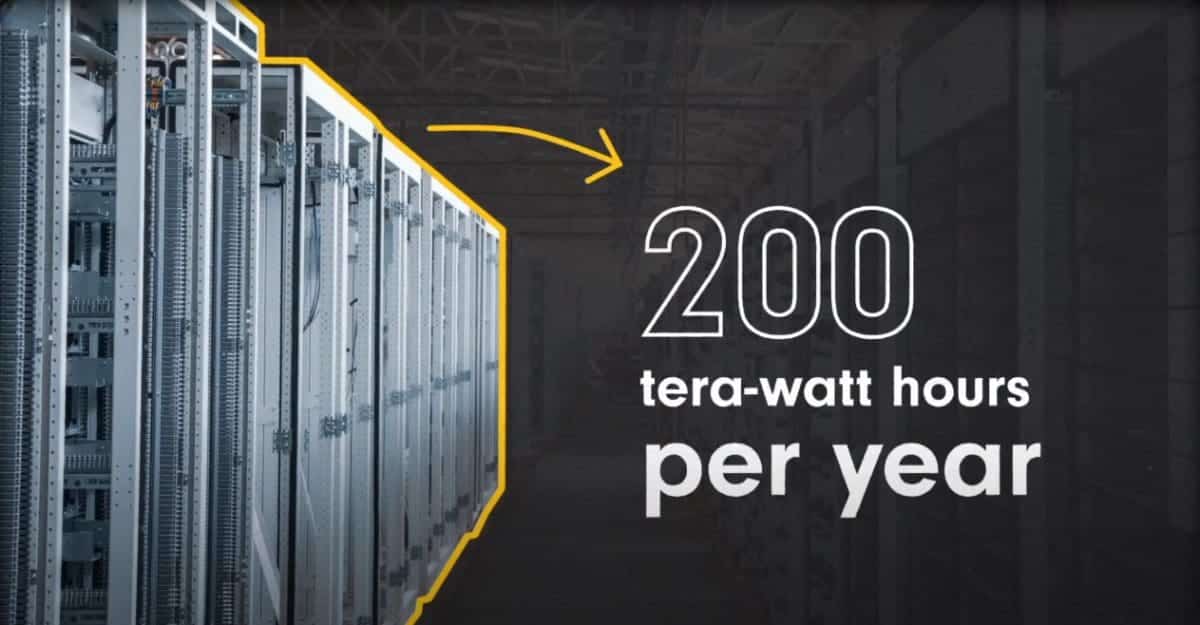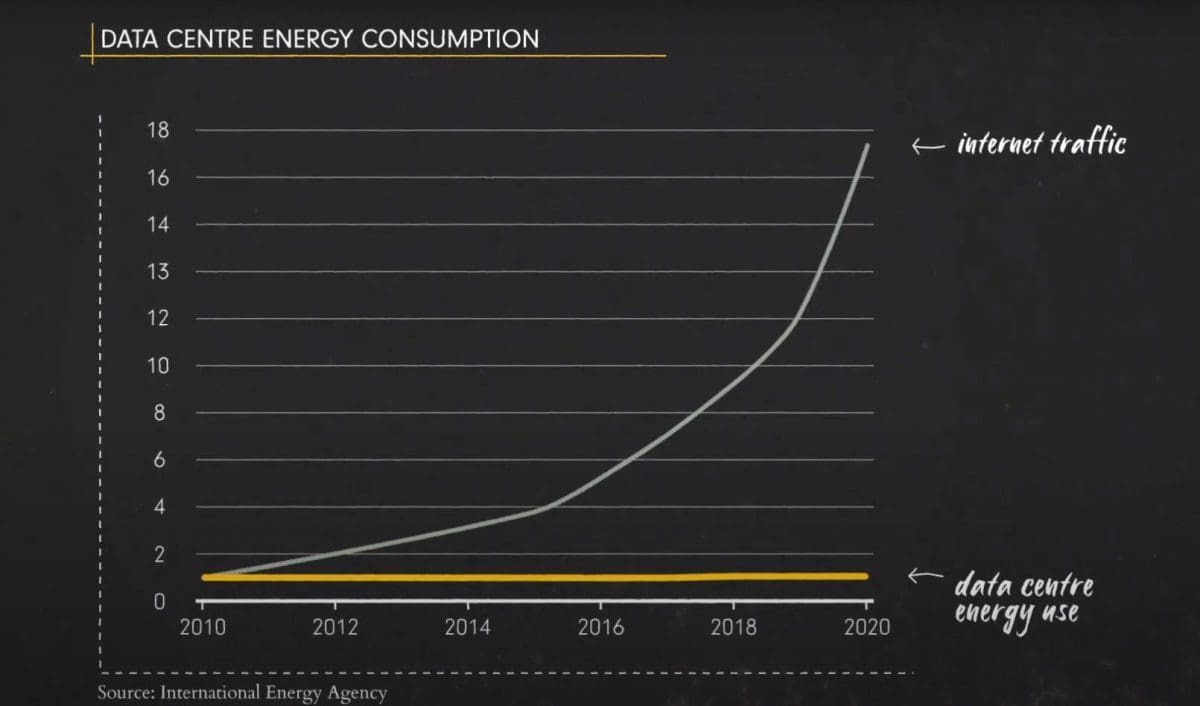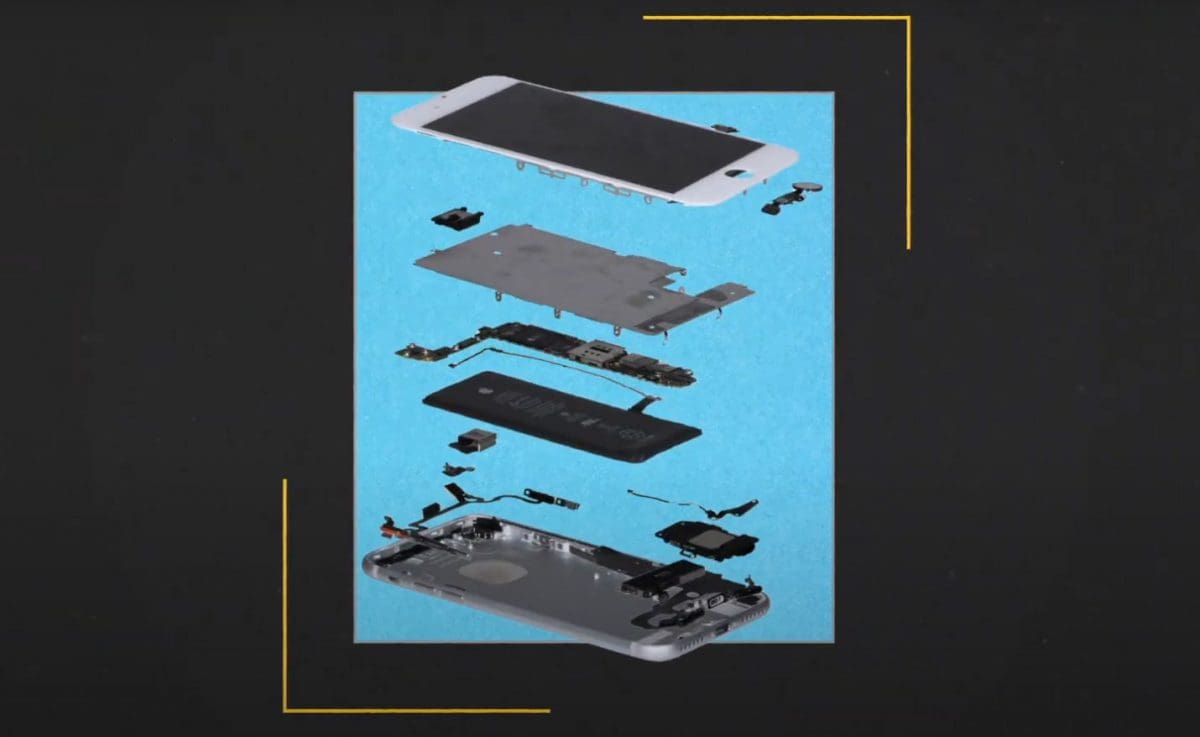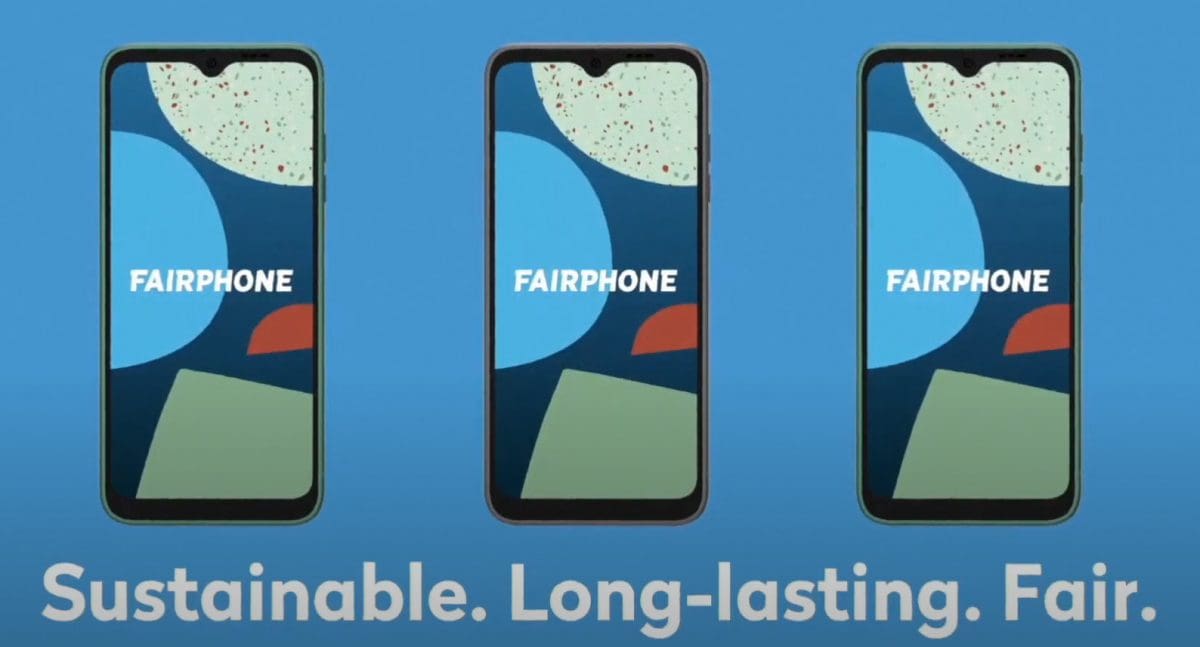As part of the Skylark Original series, a self-funded project that aims to highlight awareness of environmental solutions, we’re spotlighting the effects of our digital lifestyle on the planet. Our first original ever is… How our digital addiction is destroying the planet!
The Covid-19 pandemic has shifted our lives into a more digitally reliant space. It’s turbo-charged interest in a more digitally connected world and brought about the rise of virtual communities. Frighteningly, Covid-19 has accelerated our addiction to technology – and it’s killing our planet.
The impact of our digital addiction
Over 4 billion people use the internet every day. The environmental cost is equivalent to that of the aviation industry and accounts for around 3.7% of global greenhouse emissions. You might not think that scrolling through Instagram stories or swiping Tik Tok videos is damaging the Earth, but in reality, it is.
Data Centres

Although we often think of the internet being an immaterial concept stored in ‘the cloud’, the world wide web is housed in multiple physical locations all over the globe. Data centres contain servers that store all the content we enjoy consuming.
YouTube alone has 500 hours of video uploaded to it every minute. And that data needs to be securely stored for easy access by its users. The warehouses that store the stacks of data servers are huge, with the largest measuring 10.7 million sq/ft (China Telecom- Inner Mongolia Information Park).
Demand for data services is rising exponentially, with energy consumption estimated to use around 1% of global electricity use. Furthermore, internet traffic has increased 12 times since 2010. So these centres must now be able to keep up with this increasing demand.

But thanks to pioneering hardware which has become extremely efficient at storying huge amounts of data, energy use has stayed relatively flat over the last 12 years. So, if you don’t want the digital content you consume to be contributing to climate change, choose internet content providers that use climate neutral infrastructures to store their data.
Networks
The data transmission network is the infrastructure we rely on to transport and distribute all our internet data. It comes in many different forms, but it’s essentially the bridge between data server and device. Some methods you may be familiar with, including 4G, WiFi and ethernet cables.
The worst abuser of network energy however is mobile data. A 4G mobile connection uses four times as much electricity as WiFi. So… it’s best to download your videos rather than stream.
Devices
The biggest problem with our digital lifestyle is the impact our devices have on the planet. With Apple and Samsung being sued for building obsolescence into their software, it’s no wonder smartphones are the worst for contributing to our unsustainable ‘throwaway culture’. Most of the impact from these smart devices come from their production and disposal. There are as many as 60 elements that go into the production of a smartphone, and each hold a swathe of socio-economic and environmental issues. And with the frequency in which smartphones are being updated, some of these elements are now labelled as “critical“ by the European Commission.

So, what can you do to help?
- Choose green internet content providers that use climate neutral infrastructures to store their data.
- Where possible, download videos rather than stream.
- Think twice before upgrading your device. Keeping your smartphone for one or two more years can make a real difference.
- When you do replace it, buy second hand and recycle your old phone via Compare and Recycle
- If you do decide to buy new, choose a brand like Fairphone that is looking to increase the lifespan of its devices and make them recyclable.

The greening of the internet is coming but we can’t sit back and wait for our digital activity to become Net Zero. It’s today’s emissions that cause tomorrow’s climate change.
